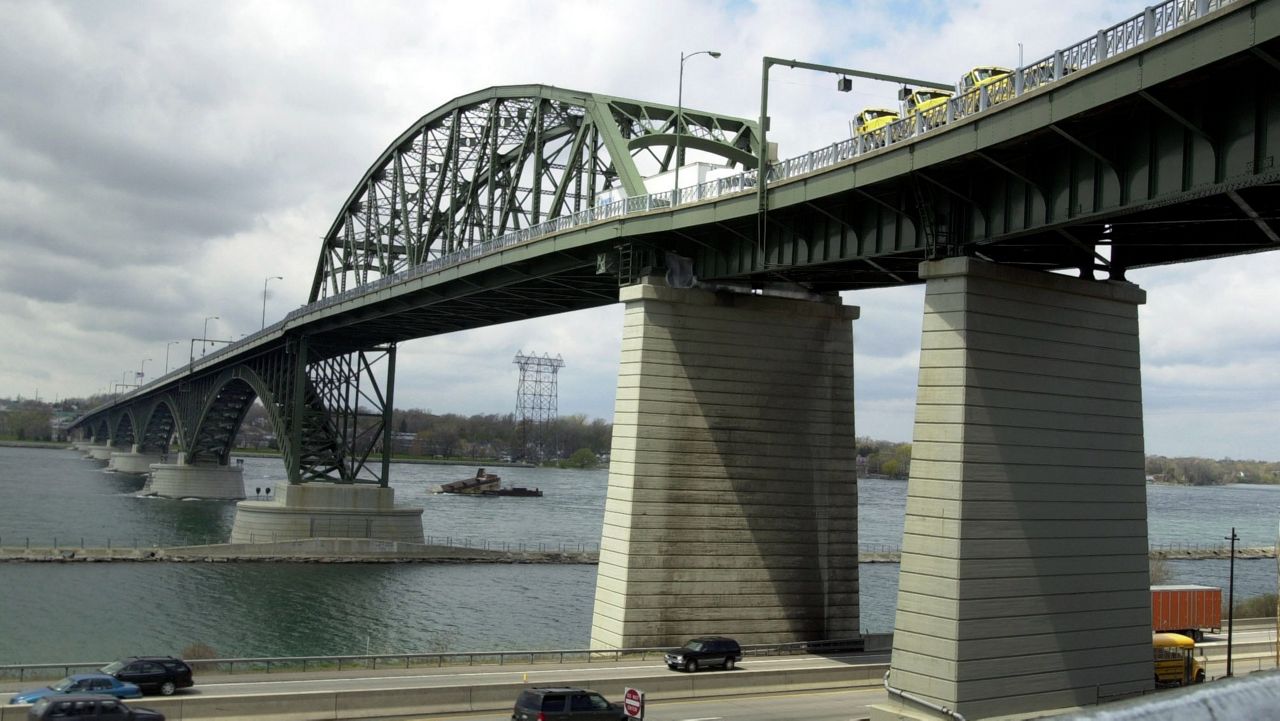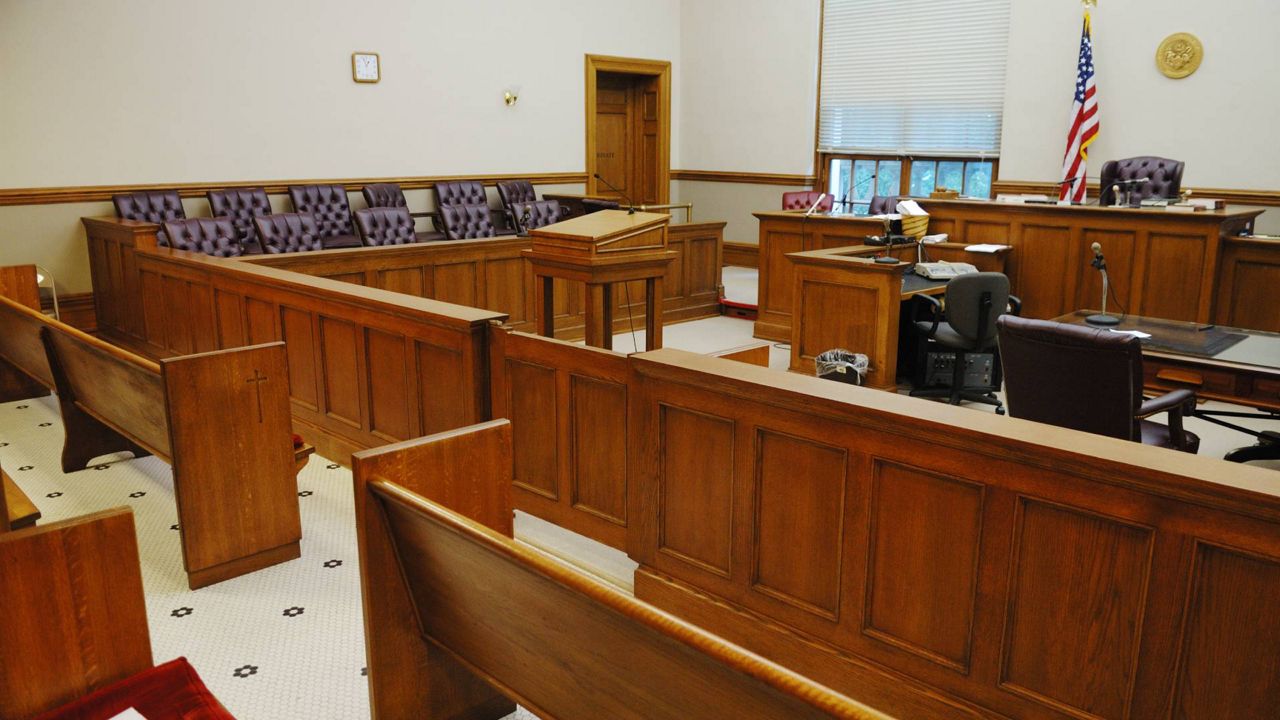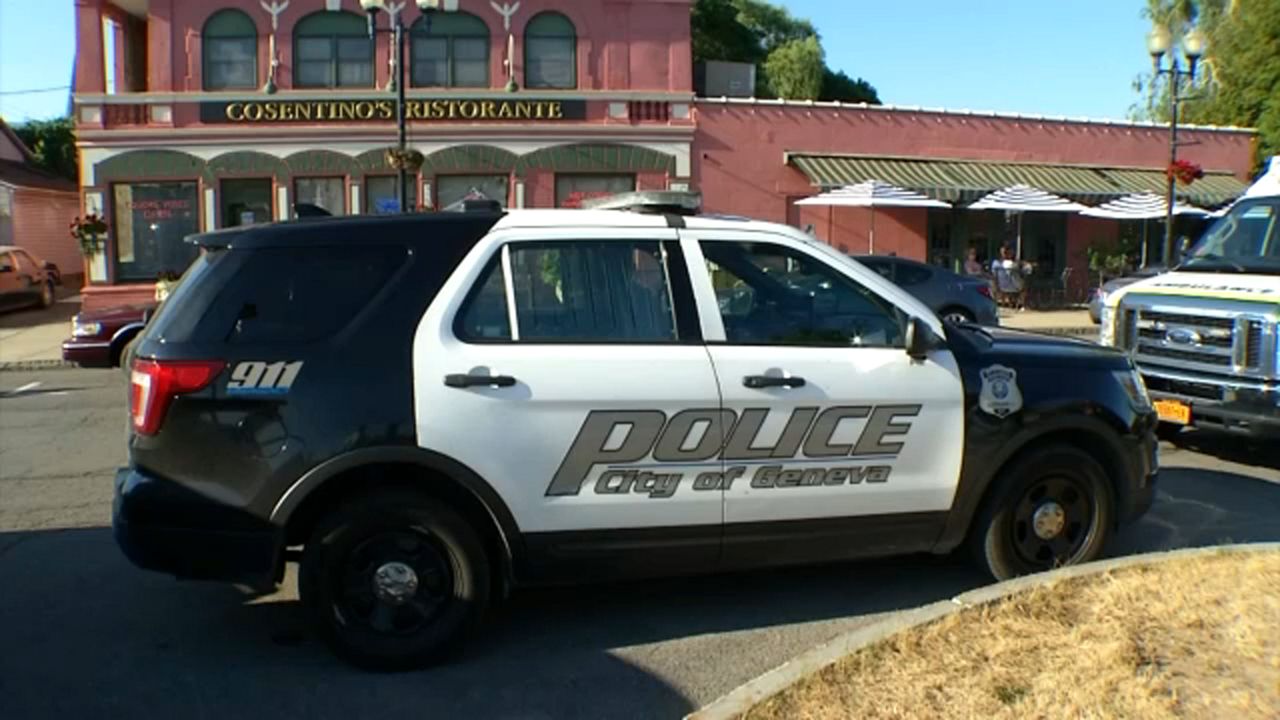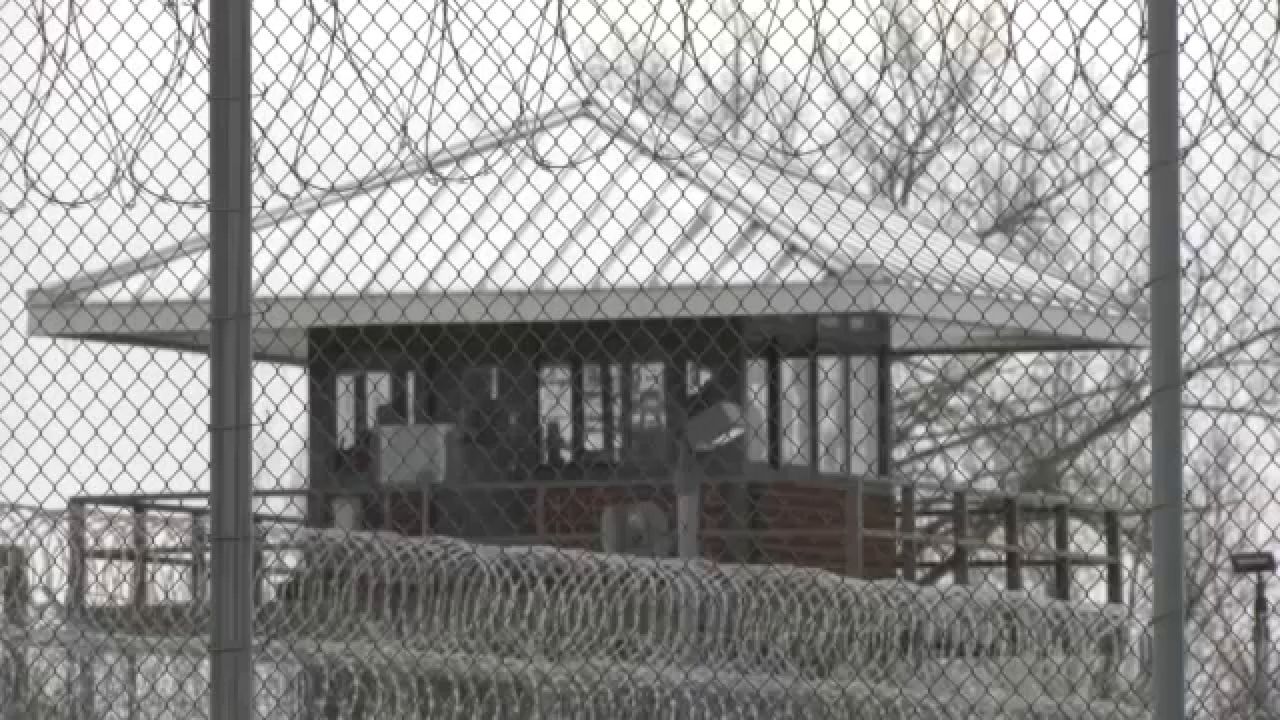America was forever changed 19 years ago Friday as terrorists mounted the deadliest attack ever on U.S. soil. More than 3,000 people died in the attack on the World Trade Center in New York. For local first responders who were there, the health threat of 9/11-related illness remains a concern.
What You Need To Know
- For local 9/11 first responders, the health threat of 9/11-related illness has not faded
- Troopers Mark O’Donnell and Gary Nuessle worked at ground zero, and say the conditions around the area still cause concern
- More than 2,000 first responders and people who lived or worked in lower Manhattan have died from 9/11-related illnesses
The passage of time may fade some memories. But for Mark O’Donnell and Gary Nuessle, some images remain crystal clear. Images the two New York State troopers shared from lower Manhattan, where they were assigned in the weeks and months following the terrorist attacks of September 11, 2001.
“We were angry,” said O’Donnell, public information officer for Troop E, headquartered in Canandaigua. “Somebody attacked America, and there were a lot of pissed off police officers that were going down there.”
During their time in and around the WTC site, the pair escorted VIPs in and out of Ground Zero. They worked security and stood guard over a makeshift morgue. O’Donnell says he attended too many funerals to count.
“To hear the stories, and you didn’t even know these people. To hear the stories, it was heartbreaking,” he said. “It was gut-wrenching.”
The conditions around lower Manhattan in the weeks following 9/11 still concern these two troopers 19 years after the attacks.
“That dust, it's a different kind of dust,” said Nuessle. “It stuck to you.”
“Looking back, we just didn't know what was going on in the air,” added O’Donnell.
More than 2,000 first responders, and people who lived or worked in lower Manhattan, have died from 9/11-related illnesses. Darryl Burroughs, a fellow trooper from Troop E, died in 2016, the result of cancer linked to his role in the search and recovery at Ground Zero.
It’s a hard fact, which worries these two. Even a simple cough is cause for concern.
“It’s in the back of your mind,” said Nuessle. “You’d love to attribute it to getting old or whatever, and maybe it is. It’s something you always have to be concerned about.”
It’s why they’re so diligent when it comes to testing for ailments unique to 9/11 first responders, through the World Trade Center Health Program, which was established to provide monitoring and treatment services for documented 9/11-related illnesses.
“They put us through every test under the sun,” said O’Donnell. “Which I’m thankful for.”
“The program is not about only covering you when something bad happens,” said Nuessle, who admits he and many others are reluctant to read the yearly results of their testing. “It's also about trying to catch things before they do get really bad.”
For these troopers, images of 9/11 will never fade. Neither will the thought of the potential price of their service.
“I’m not so sure the younger generation understands the dangers of that,” said O’Donnell. “But certainly we do.”










